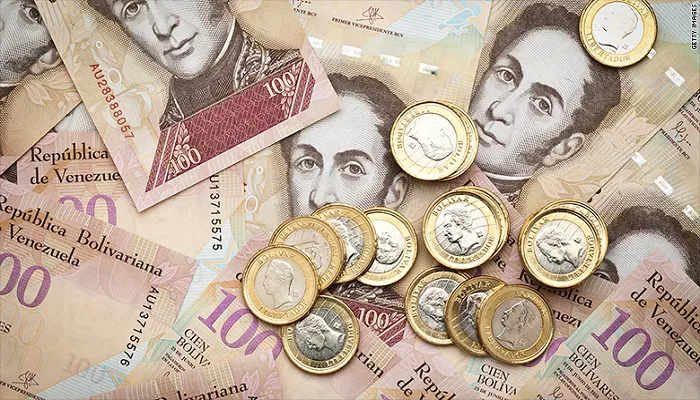In El Dorado, a small Venezuelan town named after the fabled city of gold, most residents live in poverty despite being surrounded by one of the country’s richest mineral regions.
With limited access to banks and a national currency ravaged by inflation, locals use gold as their everyday money. Tiny flecks of the metal are carefully weighed in markets, where goods are priced by weight. For 0.02 grams of gold, a person can buy maize meal; for one gram, enough groceries to feed a family for days.
“Gold is a blessing,” said 48-year-old miner José Tobias Tranquini. “But you have to work hard.” Some days, miners find nothing. Others strike it lucky—but few ever uncover more than a few grams.
Most of the 5,000 people in El Dorado depend on small-scale, and often illegal, mining. Though traders line the streets offering cash for gold, many prefer to hold onto it, seeing it as more reliable than Venezuela’s bolívar, which has lost half its value this year.
El Dorado’s origins trace back to a 19th-century border dispute between Britain and Venezuela over the resource-rich Essequibo region, now administered by Guyana. Older residents recall a time when rain would wash gold particles into the streets.
Today, the town’s potholed roads and buzzing motorcycles mark a gritty reality far removed from legend. Environmental damage, criminal violence, and deadly mine collapses shadow the community. Organized crime and guerrilla groups dominate much of the illegal mining, fueling extortion and conflict. From 2016 to 2020, over 200 people were killed in gang-related violence.
In makeshift mills on the town’s outskirts, families grind and wash tons of gold-rich sand using car-engine-powered machines. Mercury, a toxic chemical, is used to separate the gold, releasing harmful fumes. “The danger is in the smoke,” said a local mill operator, cigarette in hand.
A family of five can spend hours processing a ton of earth for just one gram of gold—barely enough to buy food and pay mill fees.
“If I don’t have gold, I have no life,” said 73-year-old vendor Hilda Carrero, who has lived in El Dorado since the 1970s gold rush. She sells cans of water for 0.03 grams of gold, but some days earns nothing at all.
In El Dorado, gold means survival—but always at a cost.


